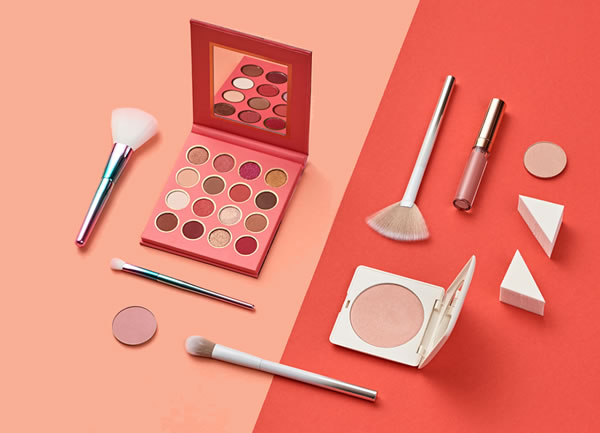You may have read articles today claiming cosmetic products, including sunscreens, and their ingredients, could be damaging male fertility. We can understand how disturbing this news might be, but we want to explain that there is no foundation to the stories. These claims were made at a recent conference from the European Society of Human Reproduction and Embryology (Eshre).
Claims refuted
Dr Chris Flower, Former Director-General of CTPA, a toxicologist and Chartered Biologist, says:
"CTPA is very disappointed to hear there has been speculation regarding sperm counts and possible links to substances used in cosmetics. There is no published evidence to support such an allegation and we can state categorically that cosmetic products are required by strict European laws to be safe. The industry and the regulators are aware of concerns regarding possible endocrine effects and if such a risk was present from cosmetic products, action would already have taken place to deal with it.
Not to wear sunscreen is an outrageous piece of advice because we know the risks of sun damage, and to frighten pregnant women about non-existent dangers of cosmetics is equally irresponsible."
Cosmetic products do not contain endocrine disruptors
A substance that could reduce sperm rates or affect fertility would be classed as an 'endocrine disruptor'. We would like to stress that cosmetic ingredients, including UV filters mentioned in these stories, are not endocrine disruptors. There is a wealth of scientific information that supports the safety of these ingredients and nothing linking them to a decline in fertility. Cosmetic products are subject to strict European laws that mean they are some of the most studied products on the market and go through numerous tests before they are deemed safe to go on sale.
What is an endocrine disruptor?
The World Health Organisation (WHO) defines an endocrine disruptor as follows:
An endocrine disruptor is an exogenous substance or mixture that alters function(s) of the endocrine system and consequently causes adverse health effects in an intact organism, or its progeny, or (sub)populations.
The key point is that an endocrine disruptor produces adverse health effects in a whole body. It is true that certain substances may mimic some of the properties of our hormones or may, under experimental conditions, show a potential to interact with parts of the endocrine system, but these conditions are not related to real life.
Confidence in safety
There is a legal obligation for manufacturers and importers to carry out a rigorous safety assessment performed by a qualified, scientific expert before placing a cosmetic product on the market. The assessment takes into account the finished product, all of the ingredients, how and where the product is to be used, how often and by whom. The assessment covers all potential risks, including possible endocrine disruption.
No matter how emotional the issue, the science remains the same and if safety cannot be demonstrated, the substance cannot and will not be used in cosmetics - it is as simple as that.

